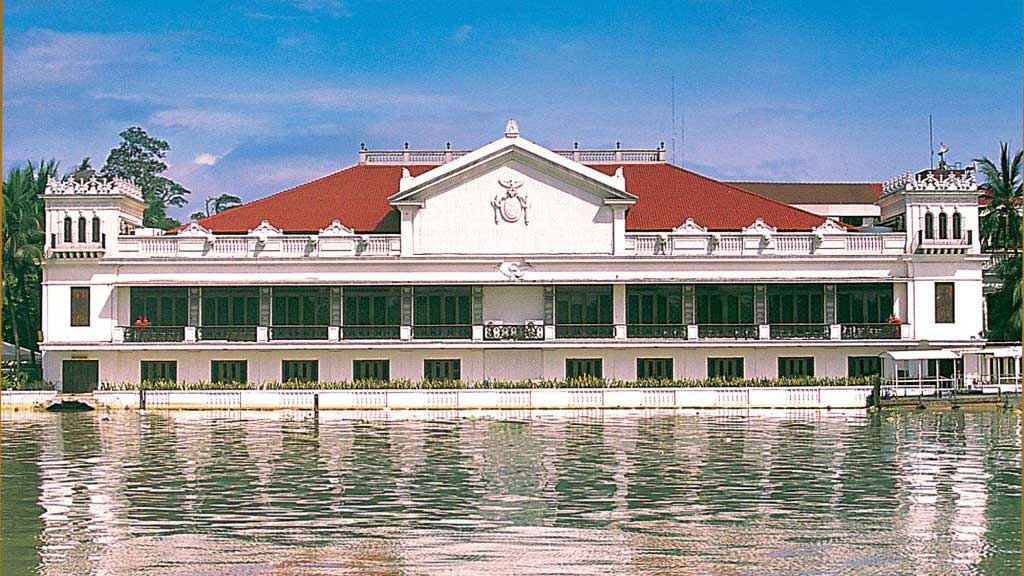President Ferdinand Romualdez Marcos Jr. celebrates his 68th birthday this Friday, marking another milestone in a life dedicated to public service. Born on September 13, 1957, in Batac, Ilocos Norte, he has spent over four decades in government, building experience from local politics to the presidency.

The steady climb to the presidency
Marcos began his political career in 1981 when he became vice governor in his home province of Ilocos Norte at just 24 years old. Marcos then served as governor of Ilocos Norte twice (1983–86 and 1998–2007), representing the province’s second district in the House of Representatives twice (1992–95 and 2007–10), and then serving as senator from 2010 to 2016.
Each role provided different perspectives on governance. As governor, he focused on livelihoods, food security, and real progress in the countryside. He pushed for cooperatives so farmers could get better prices for their harvest, built post-harvest facilities and made sure communities had what they needed to grow and thrive.
His innovation in renewable energy during his governorship proved prescient. His push for renewable energy brought the Bangui Windmills to life—the first in Southeast Asia. At the time, it was a risk, but it demonstrated his willingness to invest in long-term solutions.
While serving as senator, Marcos worked on resolutions to support Filipinos working overseas and on environment-related projects. His 2016 vice presidential run, though unsuccessful, positioned him for the eventual presidential campaign that would succeed in 2022.
Presidential leadership
Marcos became a majority president after obtaining 31,629,783 votes or 58.77 percent of the votes cast in the May 9 polls, representing a decisive mandate from Filipino voters.
His presidency has been marked by both achievements and challenges. Notable achievements include the signing of the New Agrarian Emancipation Act, which condoned US$1 billion of debts belonging to 610,054 beneficiaries, and the Regional Specialty Centers Act, which institutionalises the creation of new specialty health centres.
On his 65th birthday in 2022, Marcos signed his fourth executive order imposing a one-year moratorium on the amortization and interest payments of agrarian reform beneficiaries, demonstrating his consistent focus on agricultural issues.
The administration has also made significant policy shifts. Marcos has walked back many of former president Rodrigo Duterte’s more controversial policies. Not only did he admit the drug war abuses during Duterte’s violent populist regime, but his administration also implemented a cleansing of the Philippine National Police.
However, challenges remain. Inflation reached its highest levels since 2003, affecting many Filipino families. Export figures have declined from their 2022 peak, and economic pressures continue to impact ordinary citizens.
Personal Reflections
First Lady Liza Araneta-Marcos, whom he met in New York in 1988 and married in Italy in 1993, describes her husband as remaining “the same tender-hearted, compassionate person” despite presidential pressures.
The president’s approach to celebrating his birthday reflects his priorities. In 2022, he spent the day planting bamboo during a nationwide environmental initiative, calling it a “simple but impactful undertaking” that gave deeper meaning to the celebration.
This year, his birthday wish focuses entirely on the Filipino people: “Wala nang gutom na Pilipino” (No more hungry Filipinos)—a goal that underscores his administration’s commitment to food security and poverty reduction.
Experience and vision at 68
At 68, President Marcos brings extensive government experience to the challenges facing the Philippines. His administration targets 6.5-7.5% economic growth and aims to reduce poverty to single digits by 2028. The windmill symbol from his campaign represents hope and resilience—values he continues to emphasize in his leadership.
As he often reminds Filipinos: “The sun also rises like it did today and as it will tomorrow. And as surely as that, we will achieve the country all Filipinos deserve.”
From a young vice governor learning the ropes of public service to a 68-year-old president managing complex national challenges, Ferdinand Marcos Jr.’s career demonstrates the value of sustained public service, continuous learning, and maintaining focus on practical solutions that benefit ordinary Filipinos.






